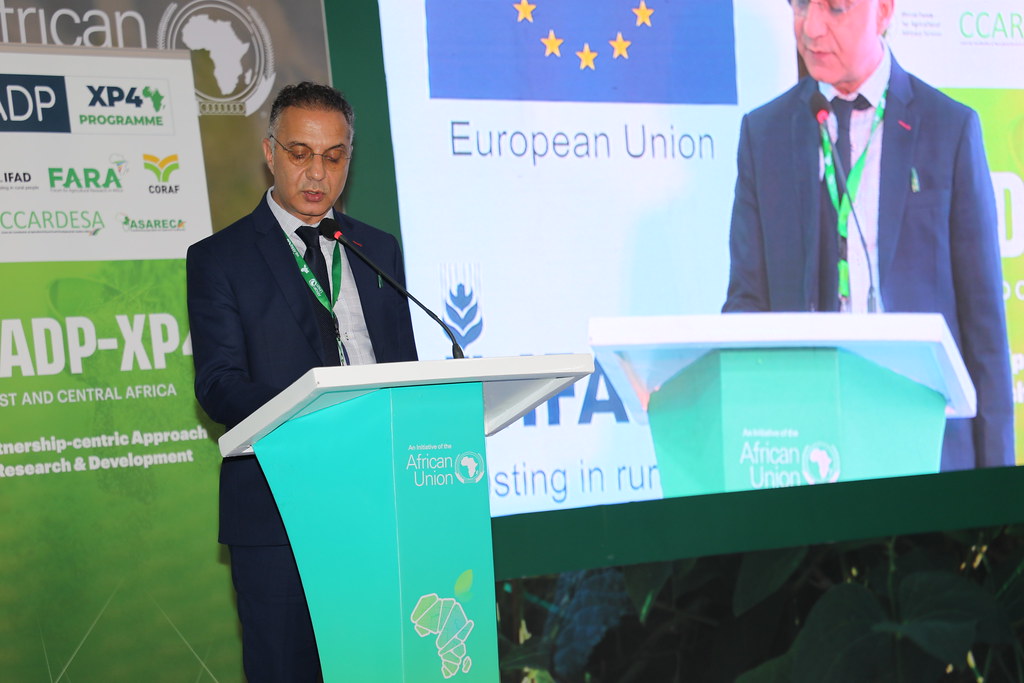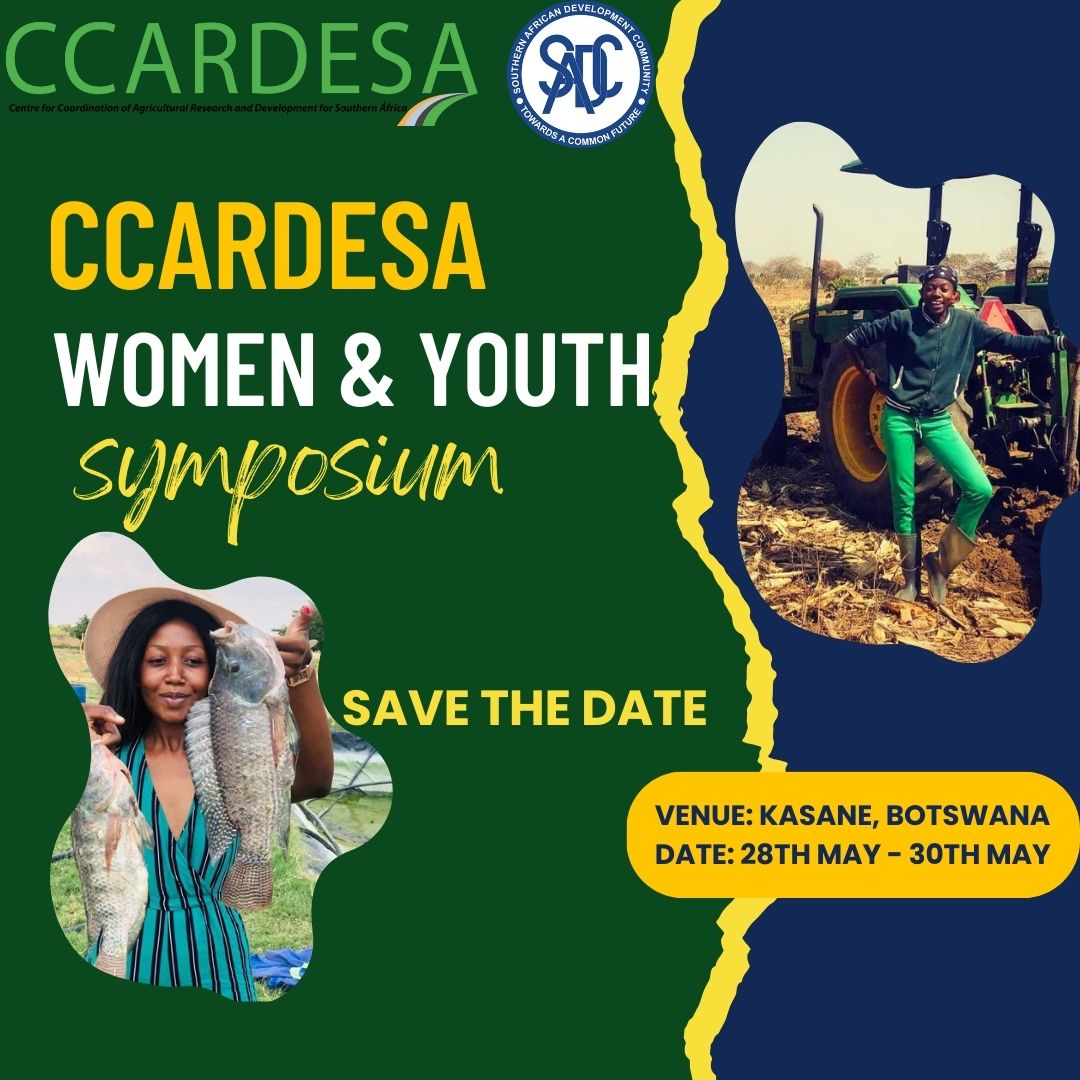Services Climatologiques Participatifs et Intégrés pour l'Agriculture (PICSA): Manuel de terrain
Les petits exploitants agricoles sont importants pour la sécurité alimentaire en Afrique subsaharienne, où deux tiers de la population dépendent de pluviales cultures à petite échelle qui constituent leur principale source de nourriture et de revenus. L’agriculture et les décisions des ménages dépendent de la météo, par exemple, la quantité de pluie tombée, la date de début de la saison des pluies, la longueur de la saison et le calendrier des périodes de sécheresse. Ces informations relatives à la météo varient considérablement d'une année à l'autre. L’approche des Services Climatologiques Participatifs et Intégrés pour l'Agriculture (PICSA) cherche à aider les producteurs à prendre des décisions adéquates fondées sur des données climatiques et météorologiques historiques et spécifiques à la localité ; des options de cultures agricoles, de l’élevage et autres activités de subsistance localement pertinents ; et avec l'utilisation d'outils participatifs pour aider à la prise de décision.
agriculture intelligente sur le plan climatique
sécurité alimentaire
Dorward P, Clarkson G and Stern R (2015). Participatory Integrated Climate Services for Agriculture (PICSA): Field Manual. Walker Institute, University of Reading. ISBN: 9780704915633










